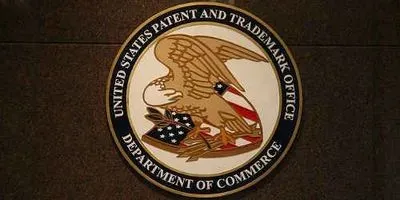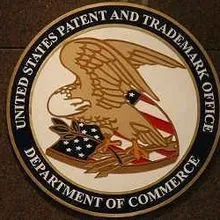 FLICKR, KAZUHISA OTSUBOWho controls the foundational patents on the CRISPR-Cas9 gene editing technology will be determined by the US Patent and Trademark Office (USPTO), which may ask competing researchers Feng Zhang of the Broad Institute and MIT and Jennifer Doudna of the University of California, Berkeley, to testify under oath about their work. This development is the result of a ruling by an administrative patent judge, who declared an “interference” between Zhang’s existing patents and Doudna’s pending patent application, as requested by the University of California last April.
FLICKR, KAZUHISA OTSUBOWho controls the foundational patents on the CRISPR-Cas9 gene editing technology will be determined by the US Patent and Trademark Office (USPTO), which may ask competing researchers Feng Zhang of the Broad Institute and MIT and Jennifer Doudna of the University of California, Berkeley, to testify under oath about their work. This development is the result of a ruling by an administrative patent judge, who declared an “interference” between Zhang’s existing patents and Doudna’s pending patent application, as requested by the University of California last April.
The first patent for the use of CRISPR to edit eukaryotic genomes was awarded to Zhang in spring 2014, but Doudna—along with Emmanuelle Charpentier, now at the Helmholtz Center for Infection Research in Germany, and others—had filed a provisional patent application for her CRISPR technology on March 15, 2013, more than six months before Zhang filed (October, 15 2013). Despite being filed second, Zhang’s patent made it through the process first because his attorneys had requested a “Petition to Make Special,” which expedites the review, MIT Tech Review noted. Shortly after his first patent was awarded, Zhang secured more than a dozen others on various tweaks to the CRISPR technology and application.
“I think without Zhang fast-tracking his application, the PTO would have flagged it ...





















